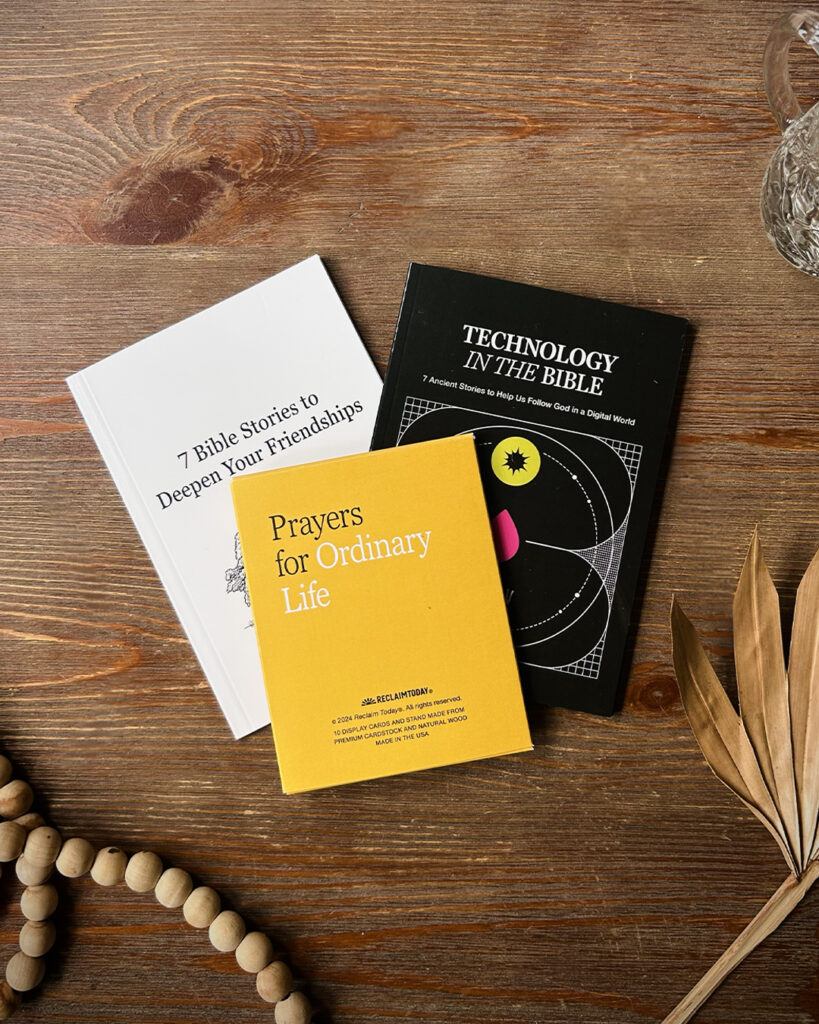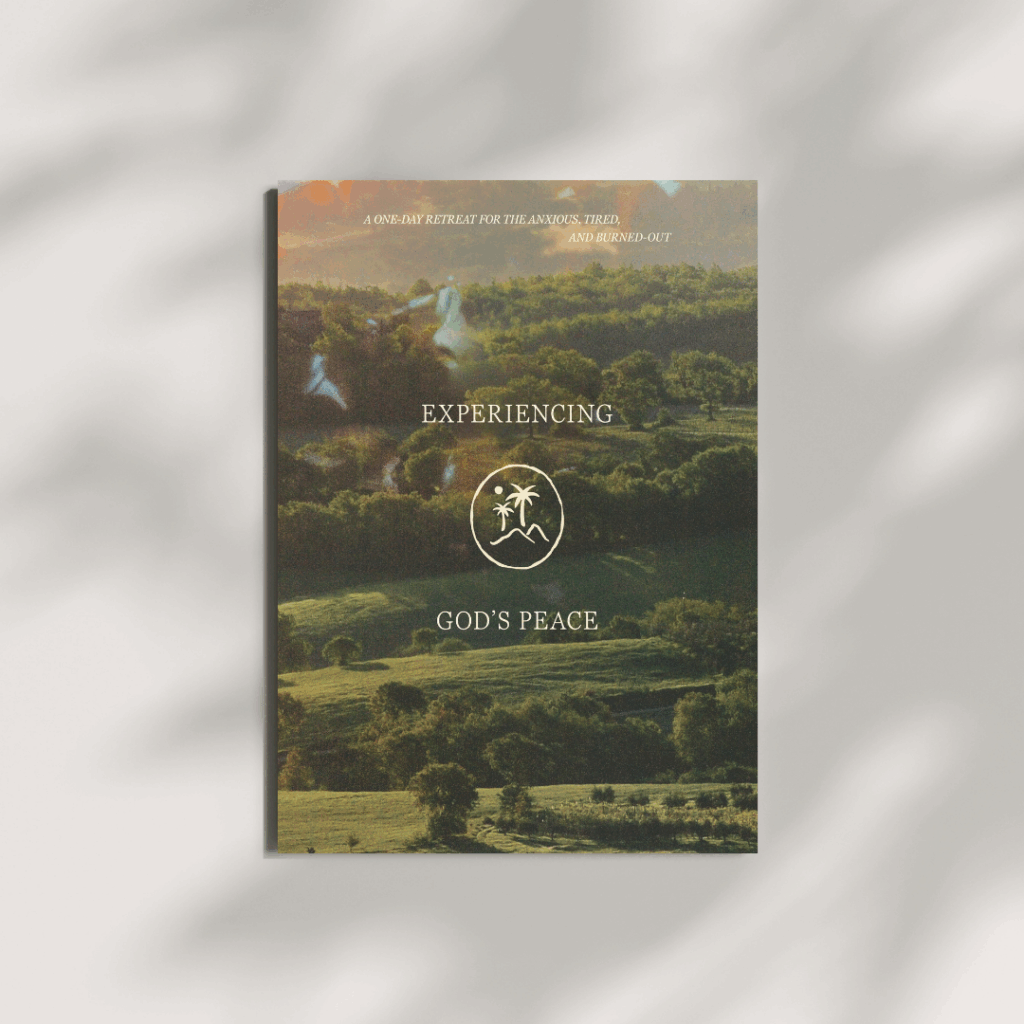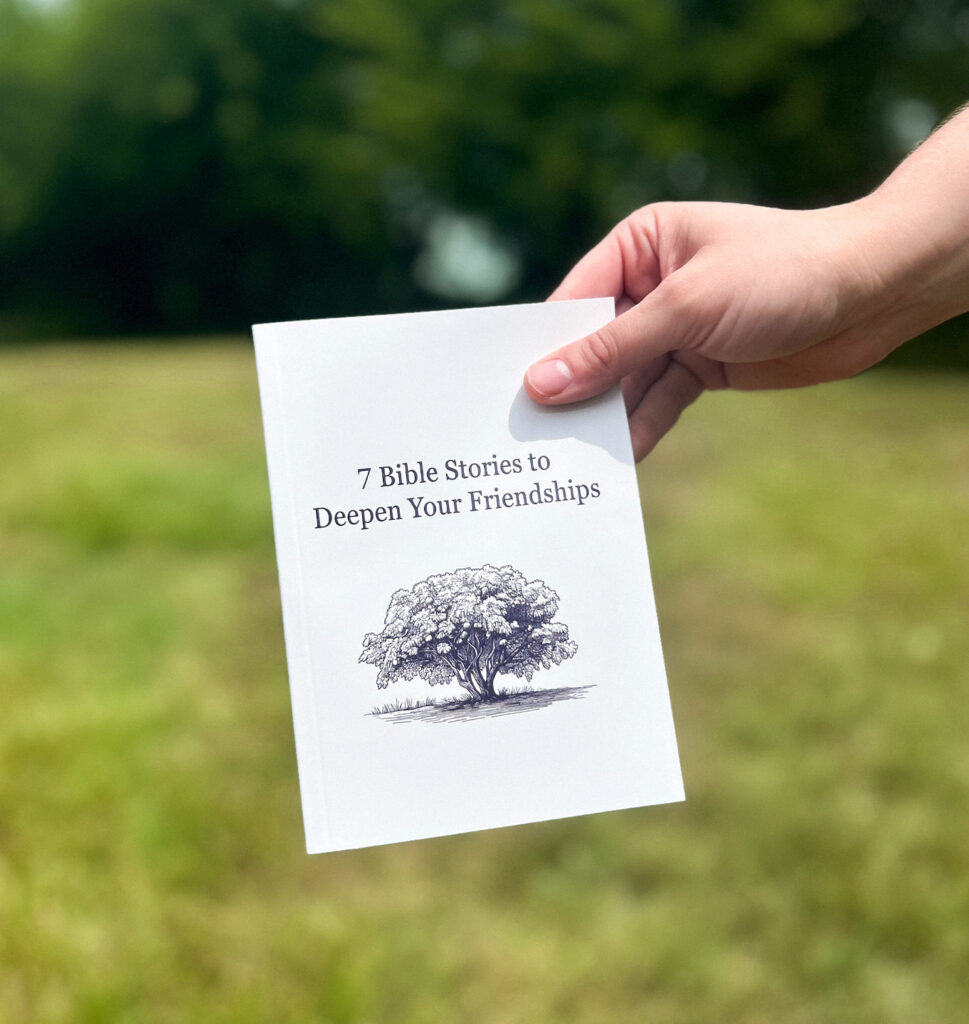If I’m honest, I don’t love to run. I like having ran. See the difference? It’s not that running gives me joy, but it sure feels good to finish a run and know that I did something good for my body. But, it’s different when I’m running with someone else— that can actually be fun! Especially when that person has learned a secret to running that helps me get better and enjoy it more.
Enter Jeff. We’ve hit the pavement and the trails together many times. Both of us run marathons, but he’s ran many more, including the prestigious Boston Marathon.
During one of our training runs, Jeff told me about a different style of running. He’d read about a guy who takes a 1-minute walk break every 8 minutes or so. Jeff had tried it and ran a faster marathon time than in previous marathons. Somehow, by walking 1-minute every 8 minutes, he had decreased the time it took him to finish the 26.2 mile race… by a lot!
It sounds counter-intuitive. Especially if we do some quick math—and if you hate math too? Well, I’m sorry for how this article is starting.
When I was running marathons, my goal was to break the 4-hour mark, exactly 240 minutes. If I took a 1-minute walk break every 8 minutes, how many walk breaks would that be? 30 minutes of walk breaks. Supposedly, according to Jeff, I would decrease my marathon time by walking—WALKING—upwards of 30 minutes!
But here’s where it gets interesting.
- Walk breaks on a long run help with fatigue—you don’t get tired as quickly.
- Walk breaks build-in recovery time, whereas running without breaks puts continuous strain on your body.
- Walk breaks reduce the chance of injury.
- Walk breaks can improve your overall time and performance because of helpful pacing and increased energy.
- And, at the end of the race? Marathoners who take walk breaks often feel stronger and recover more quickly.
Why am I talking about marathon running? Because I see in this a beautiful example of prayer.
Oftentimes, we feel too hurried to pray. I don’t know about you, but the thought, “I don’t have time to pray” is a regular protest in my mind. We get caught up in the rhythm of life at home, at work, or at church. We feel needed by friends, coworkers, spouses, kids, and our church community. We have a long list of projects we need to get done. And for many of us, when we do stop and pause for a moment, our brains are immediately filled with thoughts of all the things we should be doing.
The old phrase, “There’s so much to do, and so little time to do it.” Yep, I live there.
As Christians, we can feel pressured to love everyone, care for everyone, and lay down our lives for others. Which sounds so right, but instead of being the light and easy burden Jesus promised in Matthew 11:30, church and faith end up feeling like one more thing we have to do. It wears us out and leaves us dangerously tired.
Friends, what if life, and specifically our lives as it relates to prayer have more in common with run-walking a marathon than attempting to sprint a marathon?
At the beginning of a marathon, one of the biggest risks to a runner is starting too quickly. There’s so much adrenaline when you’re surrounded by people, you have the bib number on, and you’re ready to go. You’ve been training for this! And when you finally cross that start-line you’re ready to explode out of the gate like a track star. The first mile flies by!
In 2019, I ran the Chicago Marathon and felt amazing. I‘d trained to run the race at an 8.5-minute pace. When the race started, my watch wasn’t working right, and when it finally clicked on, I realized I was running a 7.5 pace. But I felt good, so I kept pushing. I made it to mile 15.5 when my leg cramped up, and I ended up run-walking all the way to the finish. I should’ve paced myself better. Sprinting at the beginning of a marathon is a disaster waiting to happen.
In the book Beginning to Pray, Anthony Bloom writes, “We can pray to God only if we are established in a state of stability and inner peace face to face with God, and these things release us from the sense of time—not objective time, the kind we watch—but the subjective sense that time is running fast and that we have no time left…we continually try to live an inch ahead of ourselves…we are in a hurry, but we are not moving more quickly” (82).
Prayer slows us down, and it sets us up to experience the peace of life instead of the frenzied hurry of life, just like we hear in Psalm 130:5-6:
“I wait for the Lord, my soul waits, and in his word I hope; my soul waits for the Lord more than those who watch for the morning, more than those who watch for the morning.”
“The watch for the morning” references soldiers on a city wall on guard. Morning not only means they get to rest because their shift is over, but it also means they can see if an enemy’s coming. Morning brings relief, joy, and rest. And I think that’s the spirit behind prayer—it’s an invitation to sit in God’s presence and discover relief, joy, and rest.
In fact, if we take the run-walk marathon as a metaphor, I think we find similar benefits to prayer as we might find to walking every 8 minutes of a marathon.
1. Prayer helps with fatigue.
When we continue trying to make things happen, we get tired. We get worn out. Especially when we try to do it on our own strength. God built into the creation of the world a rhythm of work and rest. In fact, rest is a version of prayer. The history of the church has often referred to prayer as “resting in God.”
Consider Psalm 131: “O Lord, my heart is not lifted up, my eyes are not raised too high; I do not occupy myself with things too great and too marvelous to me, but I have calmed and quieted my soul, like a weaned child with its mother; my soul is like the weaned child that is with me.”
The heart of prayer is resting in the arms of God.
2. Prayer is pacing.
Prayer is so much more than pacing our lives, but it’s no less than pacing life. It helps us pause and consider where God is at work, where God’s going, and where we should go. In other words, prayer is discernment and pausing to listen.
Prayer includes so much listening. And not just listening with our brains, but listening with our hearts and souls. We’re often too caught up in our heads. We need help listening to our inner person, our spirit, where, as Romans 8:16 describes, our spirit connects with the Holy Spirit.
3. Prayer reduces the chance of injury.
Prayer slows us down, and guards against making rash decisions. We typically make our biggest mistakes in a hurry. Prayer not only embraces, but celebrates, our limits as humans. It admits we don’t have all the answers, energy, time, or resources. We need God’s direction. We’re told in Proverbs 16:9, a man or woman plans his or her way but the Lord directs our steps. What good news! Yes, it’s good and right to plan our way, but God is in the background directing our steps. Prayer is where we slow down enough to prevent injury by following God’s direction.
4. Prayer leads to growth.
Taking time to pray means we’re focused more on the right things, and less on the good-but-not-best things. Prayer leads us to become more like Christ—we become people of peace, patience, love, kindness, goodness, faithfulness, gentleness, and self-control.
Back to the book Beginning to Pray, Bloom suggests, since God is a God of peace, we will find him where peace is. Throughout history, Christian leaders have emphasized prayer postures that include silence (which quiets our lips), stillness (which quiets our bodies), relaxing (trusting we are safe in God’s presence), stilling the brain (whatever is stressing us out can wait as we chat with God about it), and opening our hands (as a receiving posture).
Prayer reminds us we are in God’s presence, and the more time we’re in God’s presence, the more we grow to become like him.
5. Prayer leads to recovery.
Prayer is an invitation into recovery and retreat. It’s an opportunity to thank God for the hard work he’s lead us through, and then a request to God for recovery and healing of sore muscles, tired brains, and worn-out bodies. This is what Sabbath is about—the rhythm of work and rest that God built into the world, which is itself a prayer of trust in God’s provision over our own. It’s a prayer that graciously accepts and celebrates our human limits. It trusts that God accomplished through me what he needed to this week, and next week he will get done what he needs to get done. And if I didn’t get done everything he had for me? His grace is new every morning.
Prayer is a gift, and it’s so much more than talking to God. It’s a way of pacing our lives around the rhythms of God, and placing us in his hands and plans. When we take time to pray, we discover something that helps us rest, paces our lives, protects us, helps us grow, and leads to recovery.
So, the obvious question for all of us: What would it look like to pursue prayer like a runner who takes time to walk every few minutes of a race?
Not necessarily a prayer every 8 minutes, but finding a healthy rhythm of prayer in your life. This could look like praying the hours, or during work breaks… whatever you and God decide. Maybe pray about it ;]?




